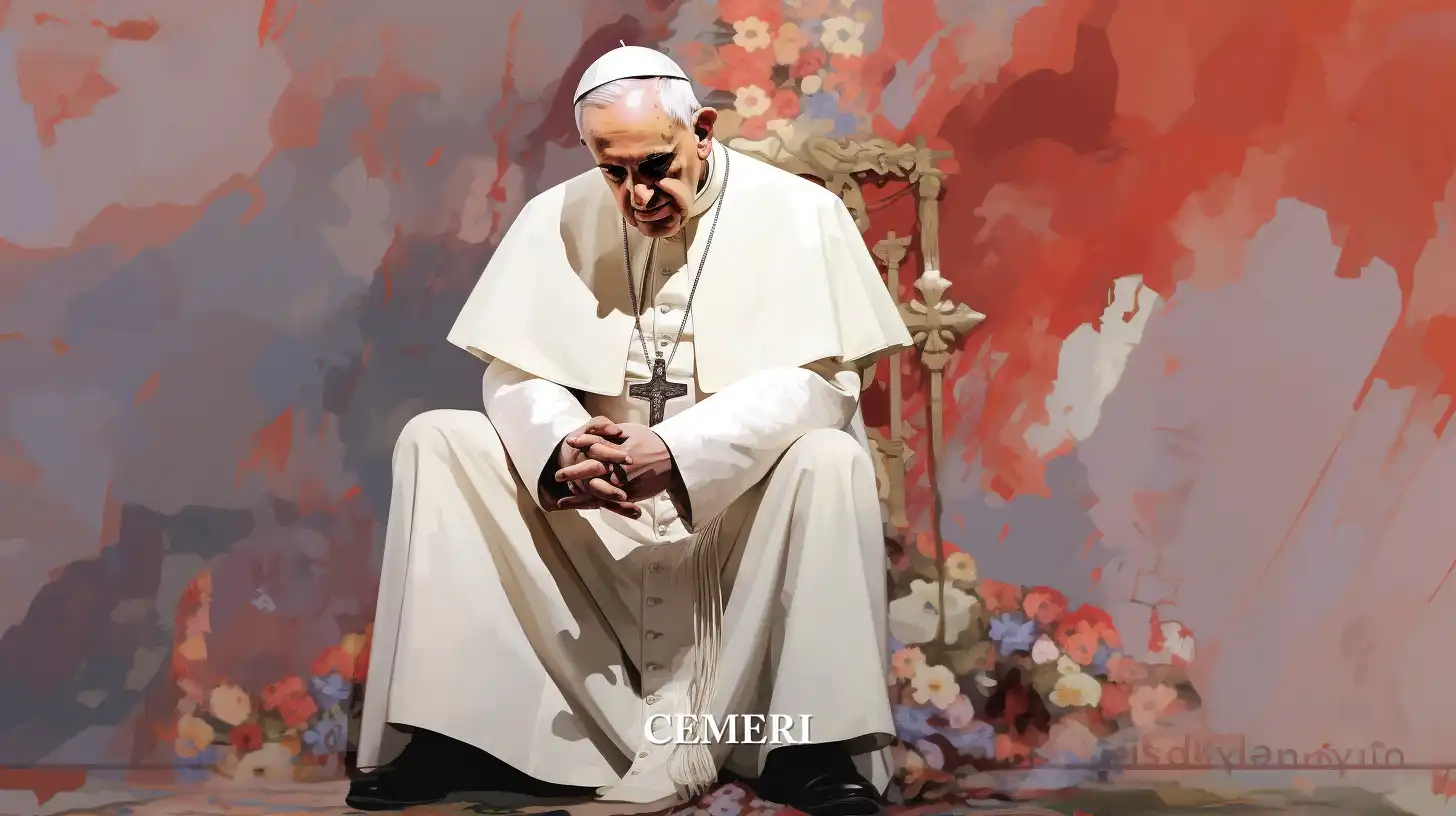Opinion
Mauricio Valentinoti Palacios S.
What Went Wrong in Afghanistan?
- The mistakes made by the United States at the beginning of the intervention in Afghanistan diminished the chances of stabilizing the country.

The defeat of the United States during the occupation of Afghanistan was inevitable. A country characterized by a rather rugged geography, with a particularly unstable social climate and violent guerrilla factions that were born during the invasion of the Soviet Union in the last century. However, the United States made mistakes that over time diminished the slim chances of success of its mission.
US interventions are nothing new, since previous interventions had already been raised that were even successful for the stabilization of countries in conflict. Characterized mainly by having as objective the arrest of military aggressions, genocide and the proliferation of nuclear weapons. In this case, the objective was to conduct a campaign to dismember terrorist cell phones to mitigate any possible attack against US soil, following the September 11 attacks in New York.
After stopping the threat of successive attacks by al Qaeda and the neutralization of Osama Bin Laden, the United States had a decision to make. Remain in the country indefinitely as an occupying force, periodically re-intervene or engage with the then fledgling Afghan government to rebuild national institutions and society.
It is there where one of the first mistakes arose, since the United States had decided to support the nation project of the Taliban, who could presumably govern Afghanistan avoiding the protection of terrorist groups. In addition to ignoring the immense logistical efforts that this support represented, since Afghanistan has a difficult geography that prevents the efficient circulation of resources. Not to mention, the country is surrounded by powerful neighbors with little intention of cooperating with the American union, such as Iran, Pakistan and Russia.
On the other hand, Afghanistan had more population than any other country that has been intervened by the United States. With a census of almost 22 million inhabitants in 2001, Afghanistan only received 8,000 US troops in the first two years of the invasion. By comparison, during the intervention in Kosovo, the United States and NATO deployed 50,000 troops in a country of 2 million people. This clear lack of personnel in a country so populated, so poorly connected and without law enforcement, caused the stabilization of the country to take considerably longer. Something that undoubtedly obeyed the intentions of the Bush administration, to only hunt down the remnants of al Qaeda, instead of carrying out a complete mission of stabilization and pacification.
Ultimately, there was no significant effort to build an Afghan armed forces capable of keeping society as safe as possible. With no army or police, the task of simply safeguarding the peace fell into the hands of local clandestine forces. Which are known to have been led by warlords who have close ties to the Taliban faction. In the absence of clear leadership, neighboring Pakistan took advantage of the power vacuum to protect the Taliban in accordance with its political interests in having a presence in the region. It should be noted that the United States decided to invade Iraq in 2003, which caused the concentration of resources and efforts to go to that battlefront, instead of staying in Afghanistan for its reconstruction and monitoring the behavior of neighboring nations.
These errors reveal that the Bush administration never opted to improve living conditions in Afghanistan. Although they could not have prevented the rise to power of the Taliban group, they did have the historic opportunity to stabilize the social fabric and build stronger national institutions to leave in charge a functional government with the ability to negotiate with all political groups in the world. country, for the people.

